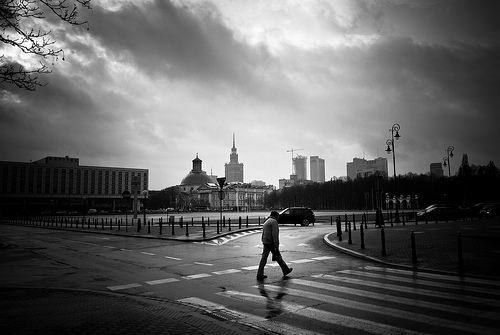
Stars, if you leave them for long enough, will eventually come up with the Mona Lisa.
And not in a hypothetical way, like those non-existent, proverbial monkeys who are always typing up MacBeth by accident.
What I’m talking about has already happened.
We trick ourselves into believing it doesn’t work like that, but it’s true. Star systems can and do eventually produce great works of art, and we’ve observed this. The great Alan Watts makes this interesting property of the universe clear using a simple analogy.
In his example, an apple tree produces apples every summer. As a botanist might say, at a certain time of year the tree fruits. An apple tree, more specifically, apples.
Imagine that aliens cruised by earth a few billion years ago. They checked for signs of intelligence, found only rocks and oceans, and they left.
Then they came back last week sometime, and found that there was a lot more going on. There were people, and a lot of other unfamiliar stuff that doesn’t look like rocks. Earlier they had seen that it was just a bunch of rocks. But in the mean time, the rocks peopled.
You leave rocks for a few billion years and they just might people. Evidently. As Watts puts it, we grow out of this world in exactly the same way as apples grow out of that tree.
But we’re usually a little prudish about saying it that way. We gloss over the fact that a dead earth became a living one, because that would imply that somehow intelligence does indeed arise from rocks, and something about that offends our normal way of thinking. We like to compartmentalize nature’s phenomena as if they work cleanly, like billiard balls — they can strike each other in the most complex ways, yet always be ultimately separate.
At worst, we apply a supernatural explanation to the whole show, because otherwise we’d have to recognize intelligence as a natural extension of the things that happen on a barren, unattended planet. For some reason we often insist nature couldn’t be that interesting or potent on its own. There has to be a super nature, to keep nature in its rightful, humble place.
It makes us feel special I guess, maybe that’s why we don’t give nature the credit. We’re special either way, but we don’t need special rules to explain how we’re here. For that matter, we don’t necessarily need to explain ourselves to ourselves at all. Whatever happened, we got intelligent at some point, and that’s great. It’s okay to wonder aloud exactly how it happened, but clearly it did. Read More




 I'm David, and Raptitude is a blog about getting better at being human -- things we can do to improve our lives today.
I'm David, and Raptitude is a blog about getting better at being human -- things we can do to improve our lives today.
I highly recommend a consistent, daily meditation practice! For years I was interested in meditation, but never did much more than read a lot about it, and think a lot about it... but that doesn't hold a candle to actually sitting and meditating every day. I find it helpful to keep...